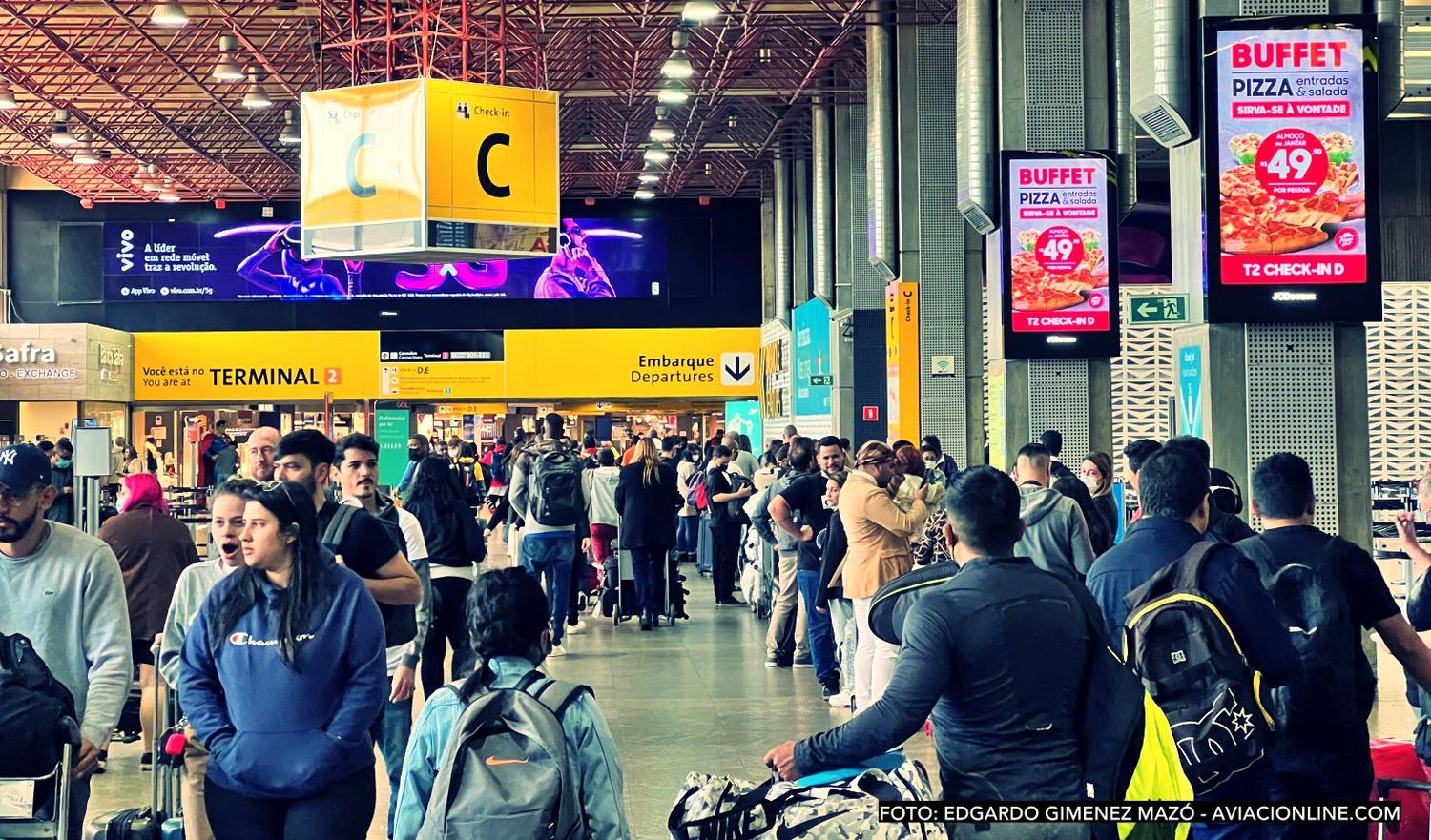Brazil: new bill introduced to make airline tickets transferable
A bill being debated in Brazil’s Federal Senate could amend the Aeronautical Code (Law 7.565, 1986) to allow the purchaser of an airline ticket to transfer ownership of the ticket up to 72 hours before the date of travel. It was introduced by Senator Mecias de Jesus (Republicans-RR), under the file PL 2.175/2022.
As reported by our partner media in Brazil, Aeroin, the proposal also determines that the personal information registered in the company’s system at the time of ticket purchase be modified to include the passenger’s personal data.
In the text, the senator stresses «the need to create legislation that contemplates the specific cancellation policies of each airline, since, despite the promise of full or partial reimbursement of the ticket, most cases result in a prejudice to the passenger, who loses the money spent on the purchase of the ticket». Such policies are based on Resolution 138/2010 of the National Civil Aviation Agency (ANAC), which prohibits the transfer of an airline ticket because it is considered personal and non-transferable.
Mecias points out that the ANAC resolution is an administrative act, an infra-legal norm, which cannot prevail over the Consumer Protection Code (Law 8.078, 1990).
For the senator, the security reasons alleged by ANAC and the airlines to prohibit passengers from changing their names can be resolved during check-in and boarding at the airport.
«I believe that the proposal to change the ticket change rule is likely to be operationalised by airlines without affecting flight security standards. The fact is that, today, only the airlines win, which undermines the necessary balance that must exist in the relationship with the consumer to avoid abuses. This is undoubtedly one of the reasons why airlines are among the champions of complaints at Procon about the frequent lack of respect for consumer rights,» says the MEP.

This type of regulation is often strongly resisted by the industry as it opens the possibility of creating a parallel market for the resale of tickets, affecting the economics of airlines, which have very dynamic fare policies that depend on multiple factors when applying a specific price to each ticket, one of them being the time of purchase.
In November last year, Chile passed a similar rule allowing the endorsement of tickets but with some limitations such as that a passenger can only do so up to two times per year per company and up to 24 hours before the departure of the flight. On the other hand, as far as free refunds are concerned, they can be made up to 48 hours after the purchase of the ticket and only for trips scheduled within the following seven days. Peru also has similar legislation.


Comentarios
Para comentar, debés estar registrado
Por favor, iniciá sesión